Frankfurt is the hub of Hyundai's European operations and its European research and development centre, so it is no surprise that the new Europe-only i10 is making its word debut here - but it could be argued that the car's real home is the UK.
Almost a third of all European sales of the previous model were in Britain, and much the same is expected of the new car, which will be launched in right-hand-drive form at the end of January.
Tony Whitehorn, CEO of Hyundai UK, admits that the switch is causing dealers some anxiety, particularly as the new model is larger, more plush and better equipped - factors which will inevitably make it more expensive than the current car, which starts at £8,300.
"It will cost more money," he said, "but the dealers understand that we can't bring out a new model based purely on value. Four years ago sales in the A-segment were based purely on value. The cars that have come out since have added style to the segment, but at a higher price. The challenge for us will be to breach those two extremes."
The new i10 will be built in Turkey whereas the old one came from India, and Whitehorn says Hyundai will go out to emphasise its European-ness (even though it will actually be made on the Asian side of the Bosphorus).
"A lot of people still see us as a Korean company, but Hyundai is actually very Europe-centric these days," he said. "When the new i10 arrives, 90% of the cars we sell in Europe will be made in Europe. The Koreans recognise that Europe is an iconic market and to be recognised as a truly global company you have to be successful in Europe."
The UK's importance for sales of the previous i10 is purely down to the scrappage schemes which followed the 2008 banking collapse, Whitehorn acknowledges. "In 2008 we launched the last model in the UK and in 2009 the scrappage scheme was introduced. The best advertisement for any car is to have it out there on the road and the scrappage scheme catapulted it forwards in terms of profile," he said.
"The secrets for success in a situation like that are publicity and stock. Before scrappage I was ordering about 1,000 a month. But in one month in the build-up to scrappage I ordered 7,000. It was a risk, but in the three weeks between the Budget and the start of scrappage I sold 4,000. It got us onto people's shopping lists and we haven't looked back. This year we will sell 22,000 out of our total UK volume of around 80,000."

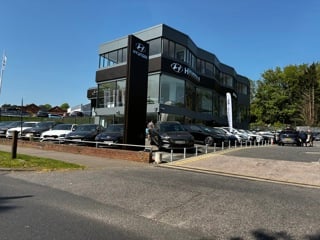
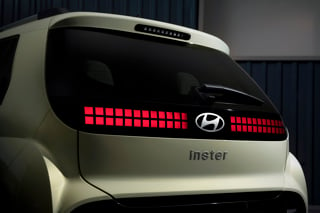
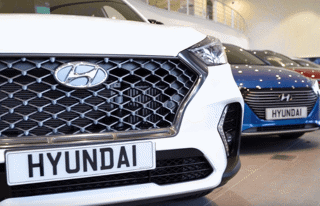
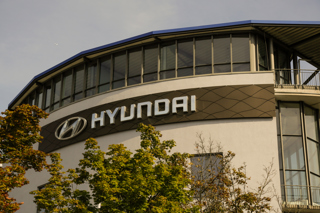
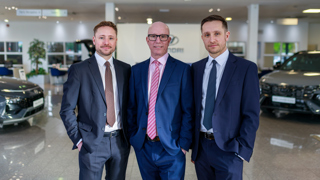













Hyundai Dealer - 13/09/2013 16:12
Please note the i10 starts @ £6995 with a small handling fee - it would not sell at £8300 !! I wish the press would get their facts correct this car is Price Pointed by Hyundai. This car sells to pensioners as does i20 and ix20. I30 currently is not selling to retail customers as it is incorrectly priced i.e. too expensive !!